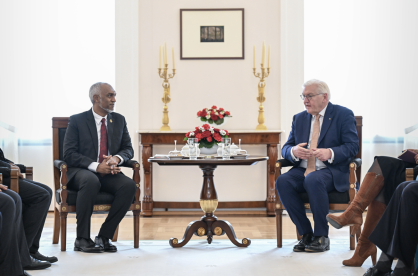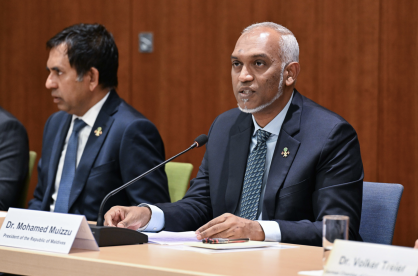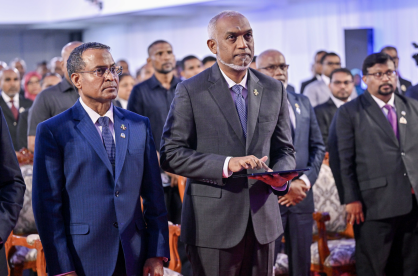In the realm of government jobs in the Maldives, there's a distinctive set of benefits that civil servants enjoy, including public holidays and shorter working hours. However, one persistent issue has been the disparity in pay between the public and private sectors. While civil service pay offers stability, it often falls short compared to the potentially higher earnings in the private sector. One notable grievance among civil servants has been the limitation on special duty allowances, particularly concerning overtime compensation.
Traditionally, civil servants were only eligible for special duty allowances after exceeding 44 hours of work per month—an unrealistic threshold compared to standard industry norms. Consequently, many civil servants found themselves working overtime without proper compensation due to not reaching the mandated hour limit.
Thankfully, the Civil Service Commission (CSC) has stepped forward with crucial amendments to rectify this longstanding issue. Under the updated changes, the CSC has pledged to revamp the pay structure for special duty allowances. Notably, all hours worked beyond official hours will now be compensated under overtime pay—a significant departure from the previous policy.
In addition to the civil service employees, this new change also greenlights a positive change for the employees of the health sector, education sector, administrative staff, and several other sectors in the Maldives as well.
This progressive reform signals a positive shift in the treatment of civil service employees. By aligning overtime compensation policies more closely with industry standards, the CSC acknowledges and addresses the concerns of civil servants, fostering a fairer and more equitable work environment.
This move not only ensures that civil servants receive due compensation for their additional efforts but also enhances morale and job satisfaction within the public sector. Recognizing the dedication and hard work of civil servants through fair and transparent compensation mechanisms is essential for attracting and retaining top talent in government positions.
Moreover, this change reflects a broader commitment to modernizing and improving the efficiency of government institutions in the Maldives. By prioritizing the welfare of civil servants, the government demonstrates its dedication to fostering a supportive and rewarding work environment conducive to productivity and growth.






